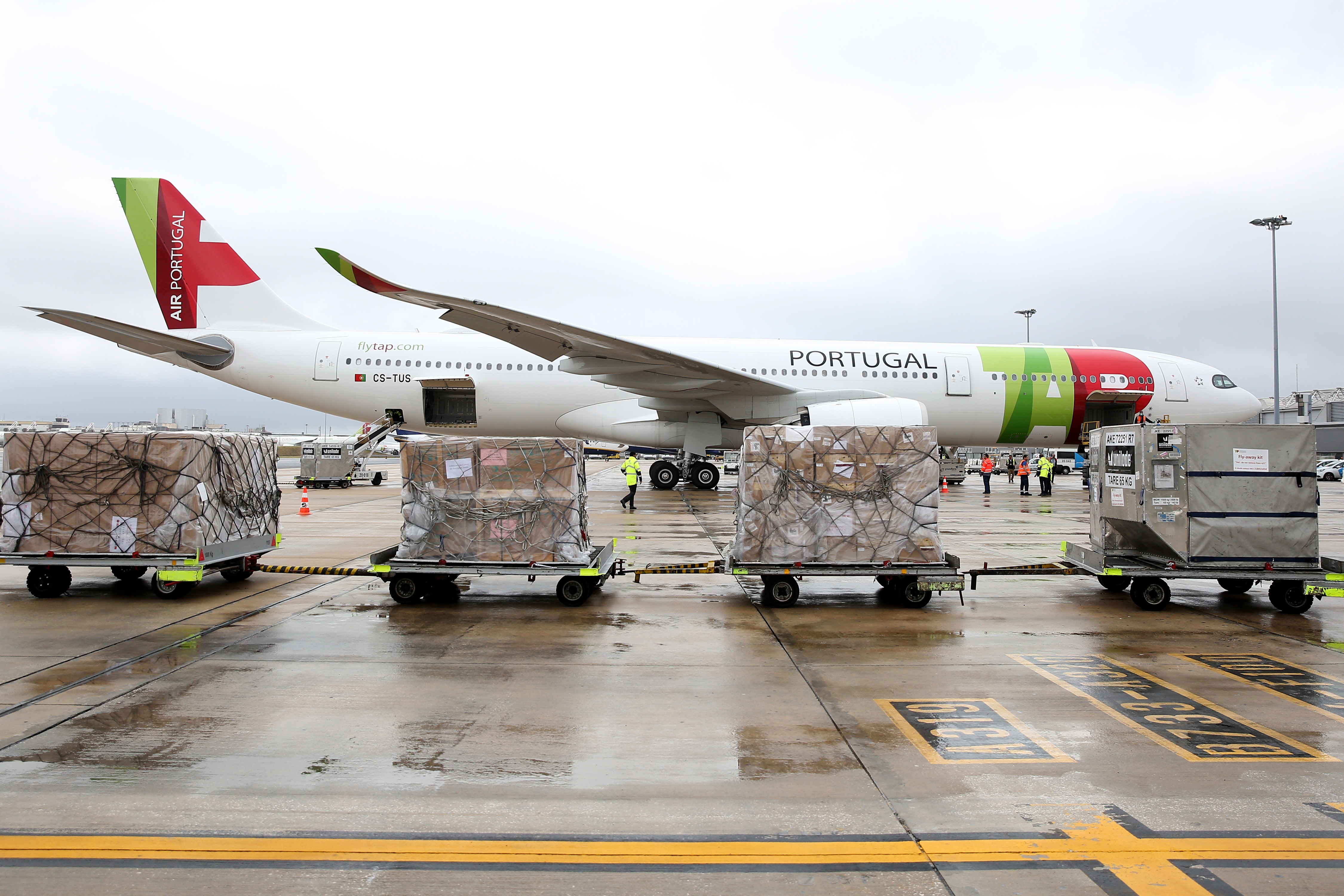G20 virtual summit sets right direction for international cooperation
- By George N. Tzogopoulos
 0 Comment(s)
0 Comment(s) Print
Print E-mail China.org.cn, April 7, 2020
E-mail China.org.cn, April 7, 2020

Global challenges can be better addressed if multilateralism is applied. The majority of politicians, diplomats, and academics around the world agree on the importance of this principle; this principle becomes even more vital in times of a crisis, such as the ongoing coronavirus pandemic. Reality is sometimes much grimmer. G7 Foreign Ministers failed to issue a joint statement after their virtual meeting. According to media reports, the reason is that the ministers were unable to agree on U.S. Secretary of State Mike Pompeo's call for COVID-19 to be identified as the "Wuhan virus."
It is undoubtedly bizarre that politicization overshadowed G7 discussions. As French Foreign Minister Jean-Yves le Drian underscored in a statement, what should matter more is the need to combat any attempt to exploit the crisis for political purposes. He added that "the unity of all in order to combat the pandemic must now take precedence over any other considerations."
The failure of G7 Foreign Ministers to address the issue came as no surprise. Even during good times, relevant G7 summits produced no results. The 2019 Biarritz meeting in August, for instance, was not accompanied by important commitments. But as far as COVID-19 is concerned, the Extraordinary G20 Leaders' Virtual Summit generated some hope for the international community. The participation of China and other emerging economies in this format naturally enhances its capacity to act successfully.
The recent G20 leaders' statement contains different commitments. The first is their determination to take all necessary health measures and share timely and transparent information in coordination with WHO. The second is their decision to inject $5 trillion into the global economy for the protection of jobs and the recovery of growth. And the third is their promise to avoid unnecessary interference with international traffic and trade. On the whole, G20 understands the importance of international collaboration. This is why the statement makes references to international organizations beyond the WHO. Examples include the UN, the IMF, the World Bank, and the OECD.
President Xi Jinping's speech set the tone in the virtual G20 summit by advocating for greater multilateral synergies. By considering COVID-19 as a "common enemy," he proposed an "all-out" global war against it to be based on coordinated action to boost international public health security and provide efficient fiscal and monetary solutions. More importantly, China is determined to share its experiences from the first few months of the year, which is why it has already established an online knowledge center that is open to all countries. It is also offering medical assistance to other states in need.
At the time of writing, several Western commentators remain skeptical of alleged Chinese motivations during the pandemic. Some believe that China has found an opportunity to challenge the world order. Others argue it wants to escape from the supposed responsibilities of the outbreak. And some even blame the country for the quality of masks provided by private companies but not ones recommended by the government. If trust cannot be restored during a pandemic, when will it be restored? Ideological bias can now take a break. Public health should be the only priority because COVID-19 respects no borders.
Following the G20 virtual summit, President Xi spoke with his American counterpart, Donald Trump, suggesting that the two sides need to work together to enrich collaboration in epidemic control and other fields. An improvement of Sino-American ties will certainly constitute the cornerstone of international cooperation. Whether this will happen is a matter of political will. Social stigma against China, for instance, is unfair and hinders the likelihood of joint actions.
While mutual suspicion will not be easily eliminated, there is a critical factor that needs to be taken into account. It would be in President Trump's interest to win the war against COVID-19 to secure a second term in the November election. A prolonged period of uncertainty and instability will imperil his ambition. Having said that, he needs to study Chinese practices carefully and preserve good relations with China despite differences. International cooperation will subsequently be the primary winner. This is what the international community expects these days, and historians will judge in the future.
George N. Tzogopoulos is a columnist with China.org.cn. For more information please visit:
http://www.ccgp-fushun.com/opinion/GeorgeNTzogopoulos.htm
Opinion articles reflect the views of their authors, not necessarily those of China.org.cn.
If you would like to contribute, please contact us at opinion@china.org.cn.





